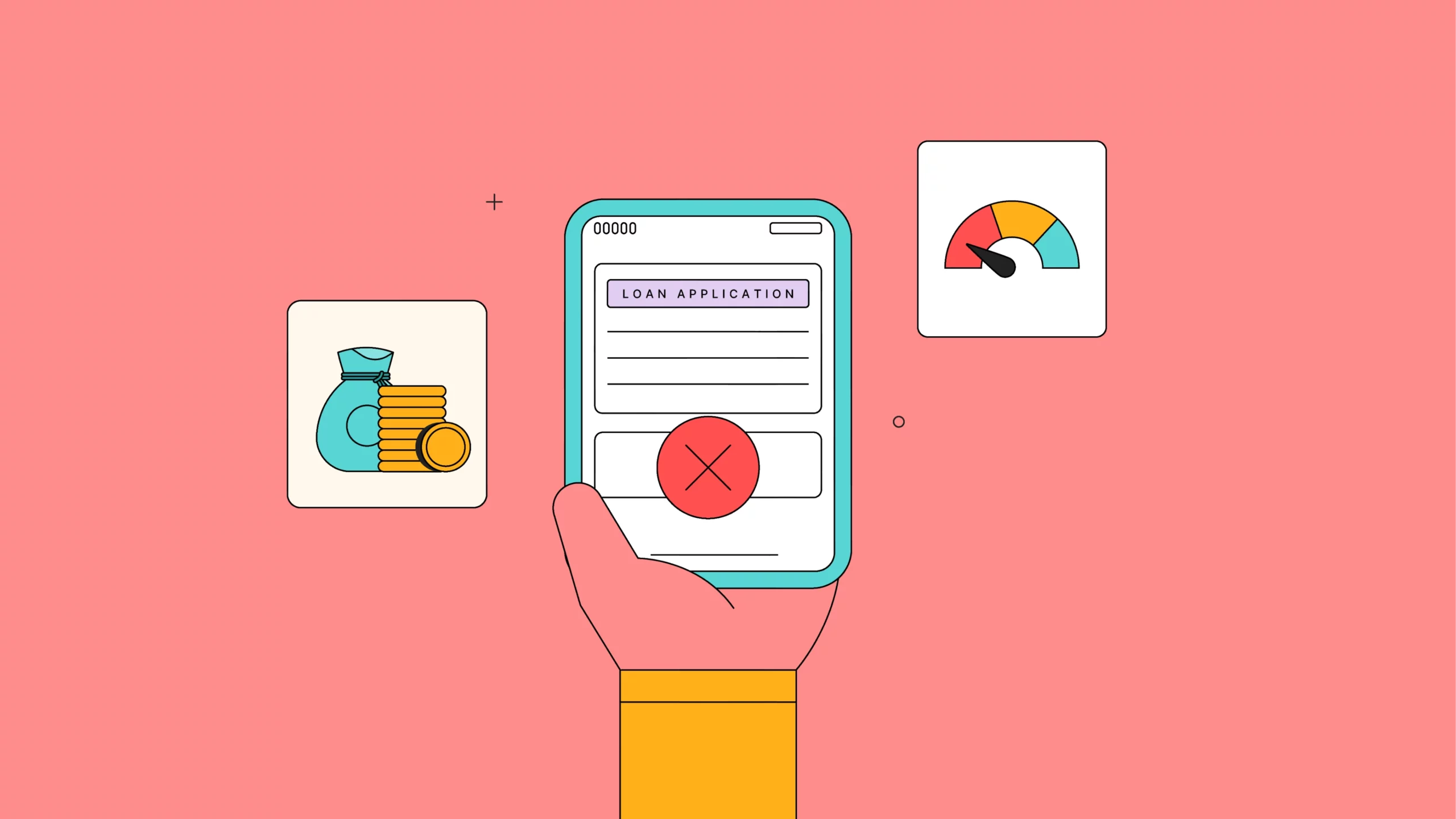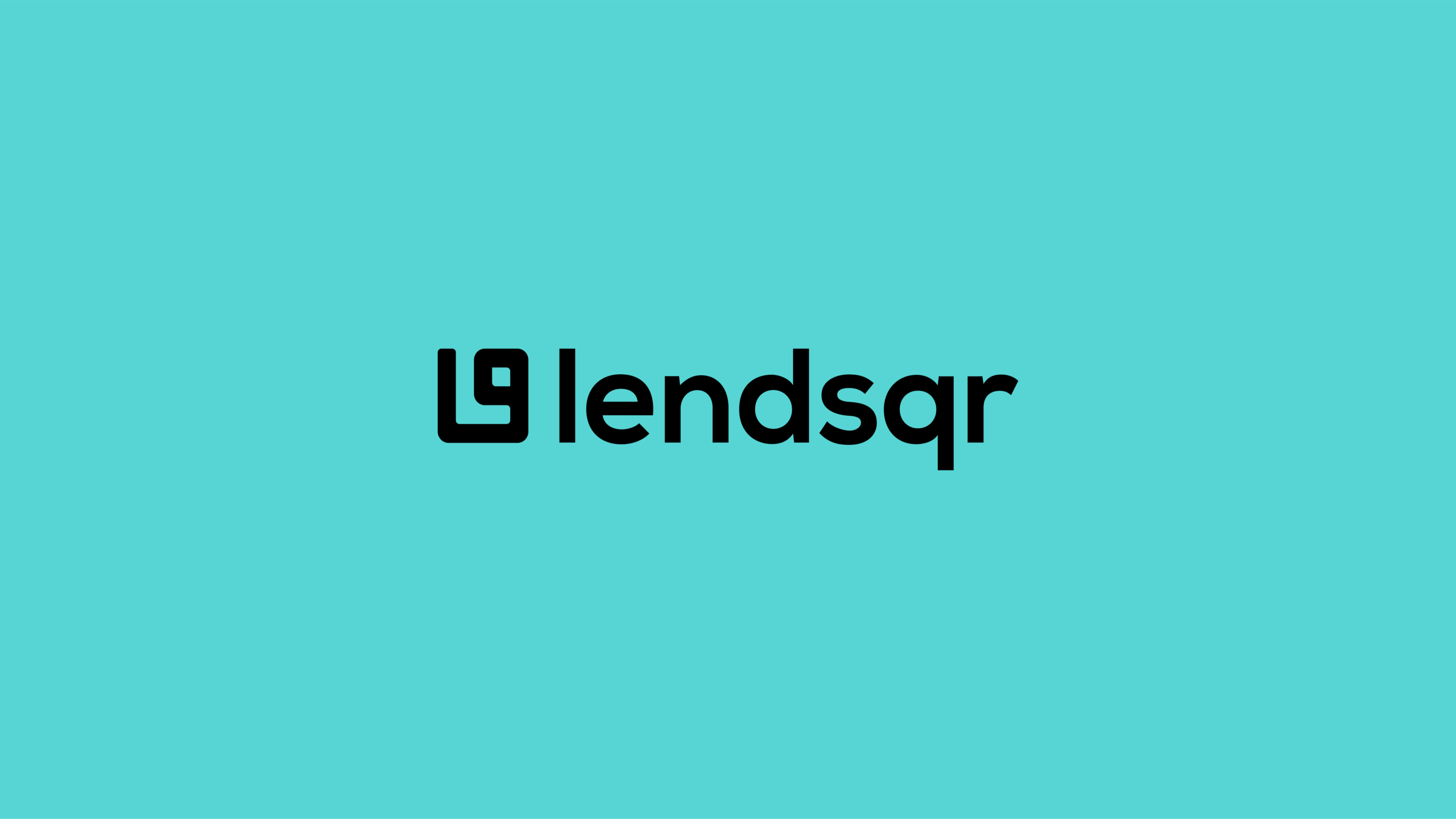Top 5 loan apps for 500 to 10,000 birr in Ethiopia 2025
So, which loan apps truly fulfill their promises? Before we look at the top five that stand out in Ethiopia today, let’s understand some of the basic requirements of most lenders.
Lendsqr introduces liveness check to help Ugandan lenders reduce fraud.
Combat identity theft in Uganda with Lendsqr’s new Liveness Check! Our AI biometrics technology verifies that borrowers are real and present during applications, helping Ugandan lenders eliminate fraud and build a more secure credit system.
How to reduce loan defaults in Tanzania: Best strategies for lenders
Tanzania’s banking sector has turned a corner on loan defaults. that’s not just a technical milestone, it’s a strong sign that risk management is improving, credit is being better monitored, and lenders are adapting fast.



